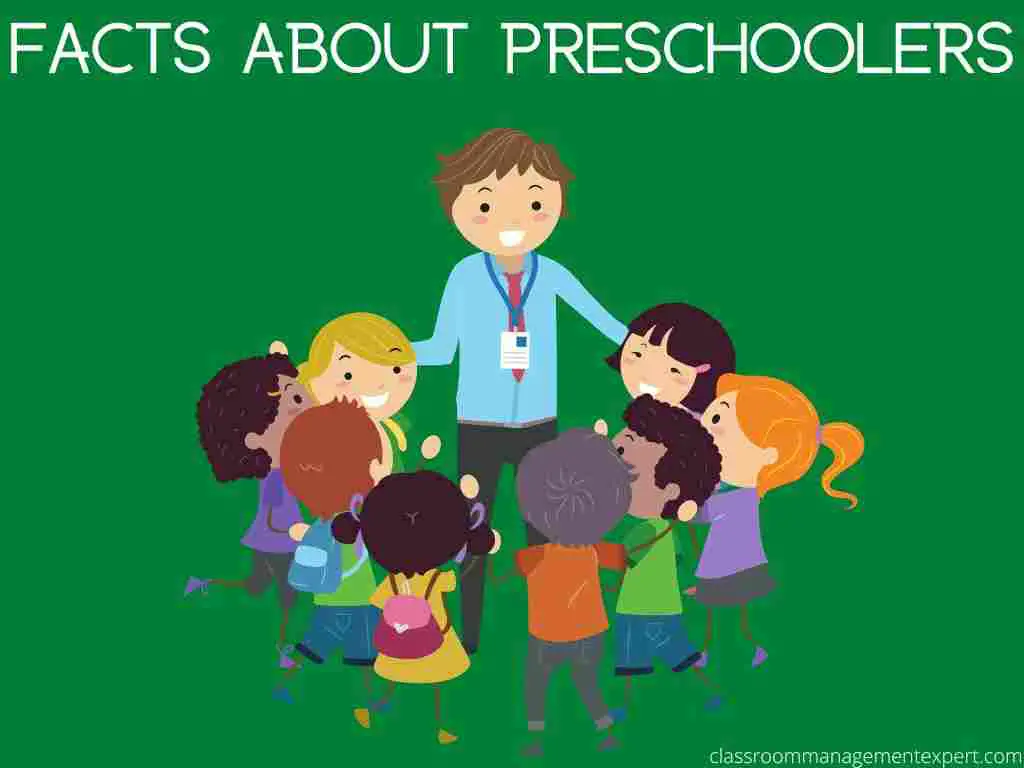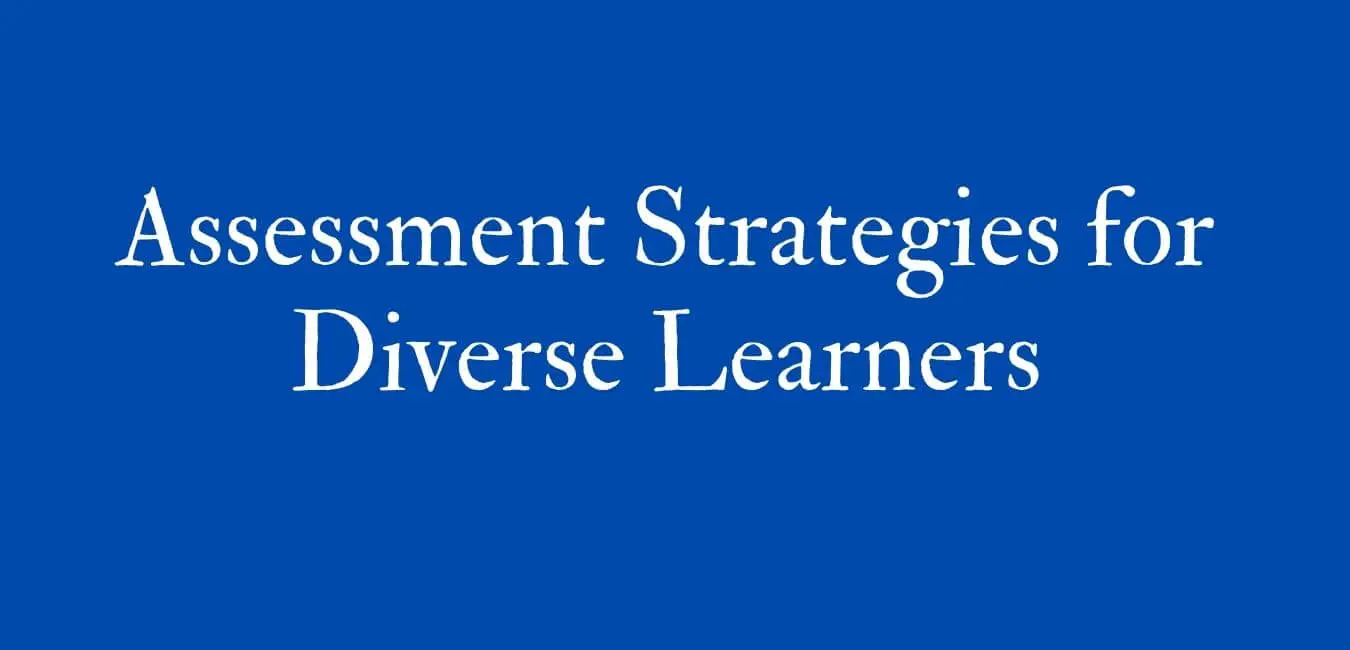Preschoolers are energetic, imaginative, and full of curiosity. They are also notorious for being fidgety, easily distracted, and disruptive. But there is a lot more to know about preschoolers than just their playful antics.
In this post, I have identified about 15 facts about preschoolers that will help you with your classroom management as a preschool teacher.
15 Facts About Preschoolers That Every Preschool Teacher Must Know
1. Most preschoolers are between the ages of three and five.
Most preschoolers are between three and five years old. They are just starting to learn about the world around them and how to interact with others. Preschool is a time for them to explore, learn new things, and make friends.
2. Preschoolers are still growing and developing at a rapid pace.
Preschoolers are still growing and developing at a rapid pace. Although they are growing more slowly than they did as infants, they are still gaining weight, lengthening, and adding muscle mass. This continued growth helps them to refine their motor skills and develop their coordination.
3. Preschoolers are exploring their independence and may test boundaries.
Preschoolers are exploring their independence and may test boundaries. They may want to try new things or explore their environment.
This is a normal part of their development and helps them learn about themselves and the world around them.
It is important to provide guidance and support during this time, while also allowing them to have some independence.
4. Preschoolers have short attention spans and may need frequent breaks.
Preschoolers often have short attention spans and may need frequent breaks. This is normal behavior for this age group, as they are still learning how to focus and pay attention.
However, if your child seems to be having difficulty paying attention or sitting still for long periods of time, it may be worth talking to your doctor or child’s teacher to see if there may be an underlying issue.
5. Preschoolers are concrete thinkers and learn best through hands-on experiences.
Preschoolers are concrete thinkers and learn best through hands-on experiences. This means that they learn best when they can touch, see, and experience things for themselves. Hands-on learning experiences help preschoolers understand new concepts and ideas.
6. Preschoolers are social creatures and need to interact with others to thrive.
Preschoolers are social creatures and need to interact with others to thrive. They learn best through play and exploration, and need opportunities to socialize with their peers.
In preschool, they begin to develop friendships and learn how to cooperate with others. These skills are essential for success in school and in life.
7. Preschoolers have lots of energy and may be active for long periods of time.
Preschoolers are full of energy and often want to be active for long periods of time. This can be exhausting for parents, but it’s important to remember that this is a normal part of development. Preschoolers need opportunities to run, jump, and play to help them burn off all that energy.
8. Preschoolers are still developing their fine motor skills and may struggle with tasks that require precision.
Preschoolers are still developing their fine motor skills and may struggle with tasks that require precision. This can make simple tasks, like zipping up a jacket or tying shoelaces, difficult for them. It’s important to be patient and help them practice, so they can develop these skills.
9. Preschoolers are beginning to understand and use language to communicate their needs and wants.
As preschoolers begin to develop language skills, they start to use words to communicate their needs and wants.
At first, they may only be able to say a few words, but as they learn more words and how to put them together, they will be able to express themselves more clearly.
This is an important milestone in their development, as it allows them to start communicating their thoughts and feelings to others.
10. Preschoolers are beginning to develop critical thinking skills, but still rely heavily on adults for guidance.
As preschoolers begin to develop critical thinking skills, they still rely heavily on adults for guidance. This is because critical thinking skills are not fully developed at this age.
Instead, preschoolers rely on adults to help them make decisions and solve problems.
However, as they grow older and develop more critical thinking skills, they will be able to rely less on adults and more on their own abilities.
11. Preschoolers are smarter than you may think.
Preschoolers are often underestimated in terms of intelligence and ability. However, they are actually quite smart and capable of understanding and learning new things.
This is evident in their ability to quickly pick up new words, absorb information from stories, and remember details from conversations.
So next time you talk to a preschooler, don’t be surprised at how much they know and how articulate they can be.
12. Preschoolers react and learn well to music.
Preschoolers are very receptive to music and can learn a lot from it. Research has shown that music can help them develop their cognitive, social, and emotional skills. It can also improve their motor skills and coordination.
13. Preschoolers’ nature and environment work together to facilitate their development and learning.
Preschoolers are active learners who are constantly exploring and experimenting with their environment.
Their natural curiosity and desire to understand the world around them help them to learn about their environment and how it works.
Through play and exploration, they develop important skills such as problem-solving, critical thinking, and creativity.
As they learn more about their environment, they also become more aware of the natural world around them and how they can care for it.
By working together, nature and the environment can help preschoolers grow and develop in important ways.
14. Preschoolers benefit a lot from your relationship with them.
There are many benefits to having a strong relationship with your preschooler. One of the most important benefits is that your child will feel secure and loved.
This feeling of security and love will help your child thrive and do well in school. Additionally, a strong relationship with you will help your child develop trust and respect for adults.
This is an important foundation for later success in life. Finally, spending time with you and getting to know you better will be enjoyable for both of you.
15. Preschoolers learn a lot from the behavior of adults around them.
Preschoolers learn a great deal from the adults around them through observation and imitation. They pick up on the way adults speak, dress, and behave in various situations.
By watching and imitating the adults in their lives, preschoolers learn how to communicate, how to dress appropriately for different occasions, and how to behave in social settings.
Through these everyday experiences, preschoolers lay the foundation for later success in school and in life.
Five Reasons Why Knowing the Key Facts about Preschoolers can Help Classroom Management in Your Preschool Classroom
There are five key facts about preschoolers that can help you manage your classroom more effectively. First, preschoolers have a short attention span and need lots of variety in their activities. Second, they are very active and need to move around frequently. Third, they learn best through play and hands-on activities. Fourth, they are social creatures and need opportunities to interact with their peers. Finally, they have a lot of energy and can be easily overwhelmed. Keep these facts in mind when planning activities and managing your classroom, and you will be sure to create a successful learning environment for your students.
Conclusion
In conclusion, remember that preschoolers are still developing their sense of self and are working hard to become independent. They need lots of support and guidance from adults to help them navigate their social world. With this in mind, be patient, consistent, and positive in your interactions with preschoolers. You will be setting the foundation for a successful academic career.
Also, understanding the developmental milestones and characteristics of preschoolers is essential for effective classroom management. By creating a positive and nurturing environment, you can help your students thrive and reach their full potential.












